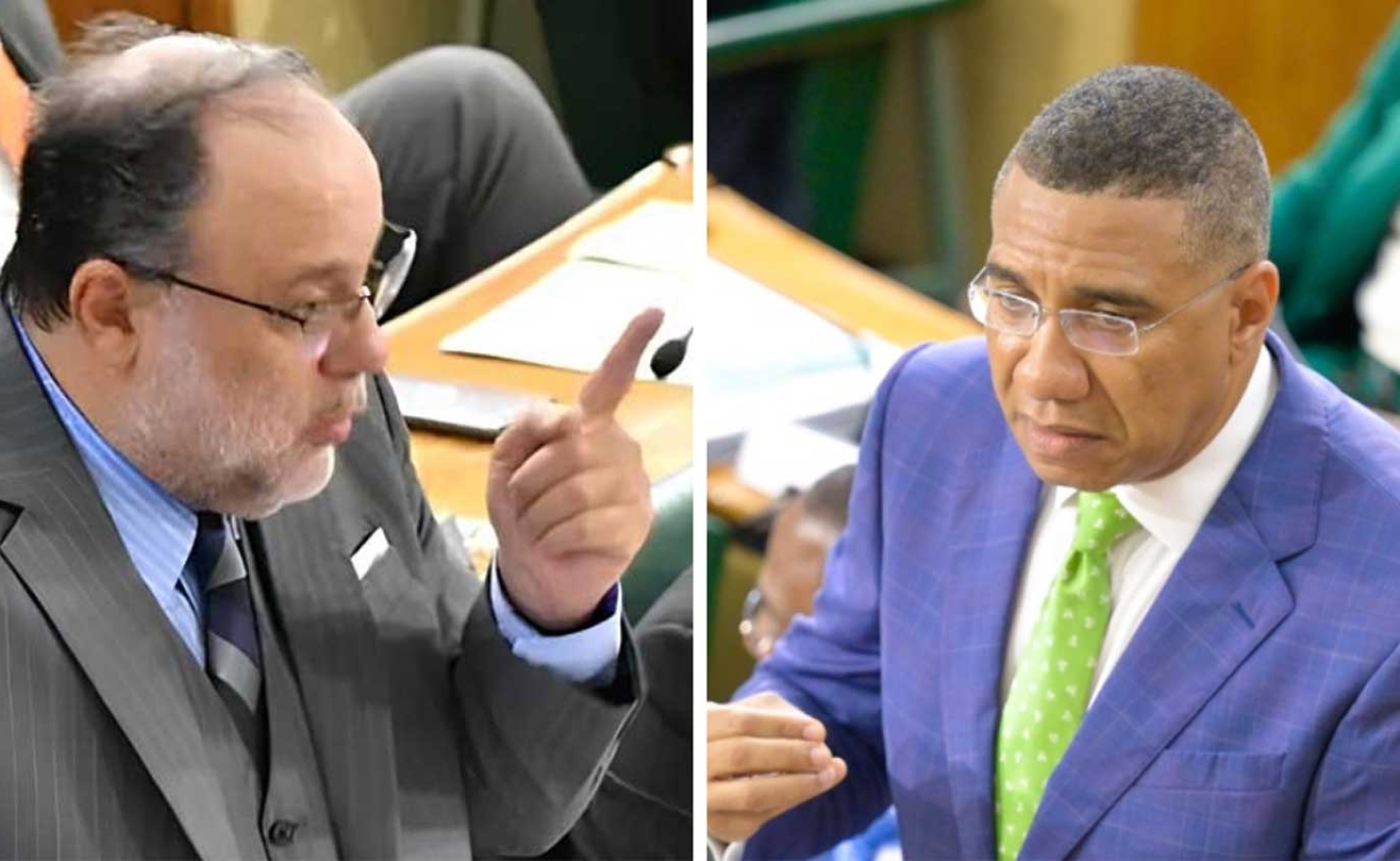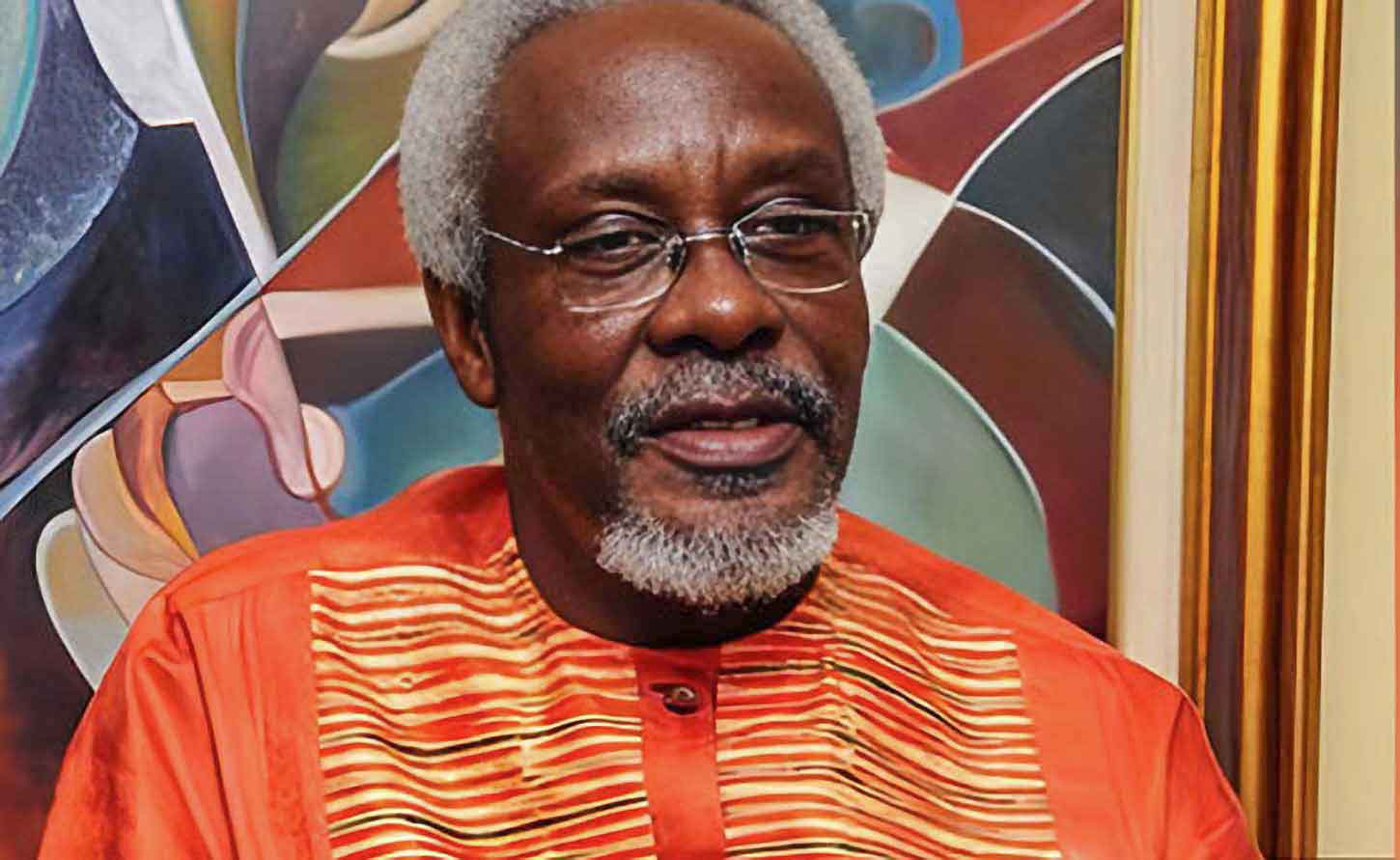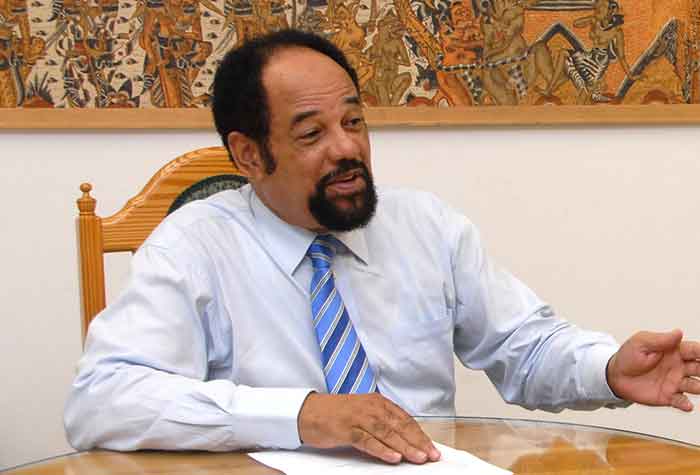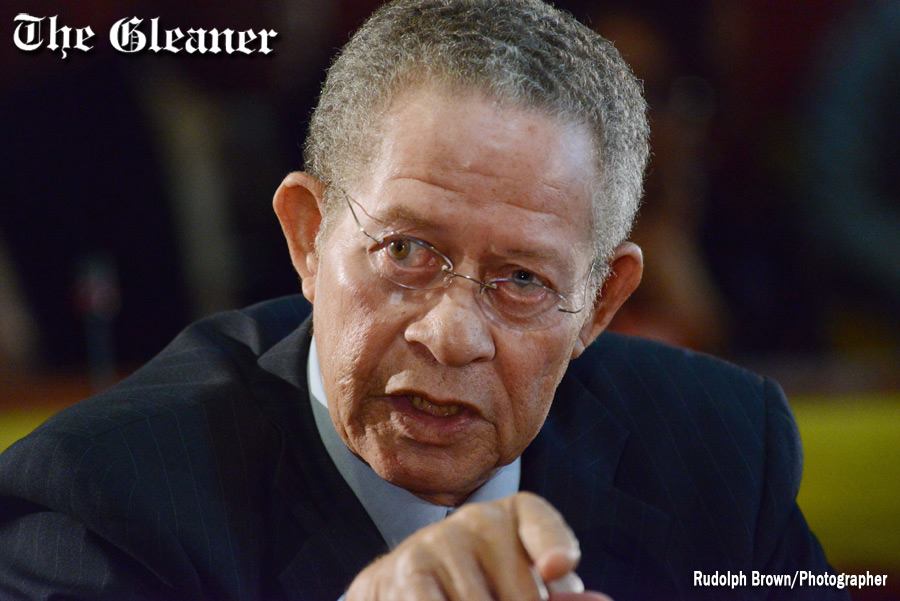JAMAICA | Vale Royal Beckons: Holness Extends Olive Branch on Constitutional Reform as Republic Debate Stalls

KINGSTON, Jamaica, October 11, 2025 - In a move that could either break or further expose the deadlock over Jamaica's constitutional future, Prime Minister Andrew Holness has formally invited Opposition Leader Mark Golding to Vale Royal for direct talks on the island's transition to a republic—a process that has languished for nearly two years amid disagreements over the nation's final appellate court.
The invitation, communicated in a detailed letter dated October 10, 2025, represents Holness's latest attempt to revive what was once described as a rare moment of political consensus.
But beneath the diplomatic language lies a fundamental question that has paralyzed progress: Can Jamaica sever ties with the British monarchy without simultaneously resolving the thornier issue of where its final court of appeal should sit?
From Consensus to Competing Visions
The timeline Holness outlined in his letter reads like a slow-motion political divorce. In March 2021, both government and opposition stood united in their commitment to making Jamaica a republic within the Commonwealth.

That unity spawned the Constitutional Reform Committee in 2022, tasked with synthesizing decades of prior work and engaging stakeholders across Jamaica. The committee's report represented, in Holness's words, "significant national effort and good-faith collaboration."
Then came April 2024, and the clarification of positions: the opposition affirmed its support for the republic transition remained linked to acceptance of the Caribbean Court of Justice as Jamaica's final appellate court—a position with deep historical roots.
The CCJ has been Jamaica's stated goal since 1987, when Caribbean Heads of Government met in Antigua under the leadership of then-Prime Minister Edward Seaga.
That meeting, as Patterson has explained, resulted in a decision to take "immediate steps towards the expeditious establishment of a Caribbean Court as the final Appellate Court for English speaking Caribbean countries."
Jamaica's Attorney General Ossie Harding was among the regional legal minds empowered to create the draft framework for what became the CCJ.
In fact, The Judicial Privy Council itself accepted, and has since ruled, that Jamaica's final court could be changed through a two-thirds vote of both houses, with no referendum required.
For nearly four decades, Jamaica's transition to the CCJ represented bipartisan policy—until now: Holness has disclosed his regime's preference for Jamaica to establish its own final appellate court.
This is clearly a departure from the country's long-standing understanding for which we have contributed and continue to fund the establishment and operation of the CCJ, and the regional approach that has seen Barbados, Guyana, Belize, and Dominica already make the transition.

The Meeting That Wasn't
The recent correspondence between Holness and Golding also reveals the delicate dance of political protocol. When Holness initially suggested that Golding meet with Justice Minister Delroy Chuck, the Opposition Leader balked, interpreting it as an attempt to sideline leader-to-leader dialogue.
Holness's October letter sought to clarify the misunderstanding. The meeting with Chuck, he explained, was intended as a "courteous and practical preliminary step" to brief the Opposition on the restructured ministry and reform agenda—not a substitute for direct talks between the two leaders.
"Having regard to the key fact that Mr. Golding has directly assumed shadow spokesman responsibilities for constitutional affairs," Holness wrote, the briefing made procedural sense.
The clarification was necessary because Golding had been clear from the start: constitutional reform of this magnitude requires direct engagement between the Prime Minister and Opposition Leader, not ministerial proxies. His request for Vale Royal-style talks and leader-to-leader meetings reflected a view that some matters are too significant to be delegated.
The Two-Thirds Problem

He explained: "Anything that is to be put to the people in a Referendum to amend the Constitution starts here with a Bill. That Bill requires two-thirds majority (vote) before it is put to the people for a simple majority.
If that Bill does not get the two-thirds majority (in both Houses) and the Government, whichever is the Government of the day, decide that they are still going to put it to the people, it then requires a sixty percent majority, something that has never been achieved in any political arrangement in Jamaica".
"And therefore", he stressed, "that's how the Constitution was written, that's how it was structured, perhaps for good reason".
He concluded: "What the framers of the Constitution were saying is that, look, there are certain changes that are so important that it is not just a matter of counting up the votes to see who has won; it is a matter of how Government and Opposition can find common ground".
Without opposition support, the government simply cannot proceed—no matter how committed it claims to be to the republic transition.
This political reality transforms what might otherwise be an academic debate over appellate jurisdiction into a test of Jamaica's capacity for the "authentic collaboration" Holness invokes in his letter. The Prime Minister insists the government "remains ready to proceed" and calls for both sides to "work in good faith" toward consensus.
But good faith requires more than invitations and letters. It demands compromise—and on the question of Jamaica's final court, the government finds itself diverging from nearly forty years of bipartisan policy while the opposition maintains the position established under both JLP and PNP administrations since 1987.
A Precedent in the Making
Jamaica's struggle carries implications beyond its shores. Across the Caribbean, nations are grappling with similar questions about post-colonial legal architecture and symbolic sovereignty.
How Jamaica navigates this impasse—whether through genuine compromise at Vale Royal or continued stalemate—will be watched closely by neighbors facing their own constitutional crossroads.
The invitation marks a potential turning point, but it comes only after Golding explicitly pushed back against the ministerial-level meeting and demanded the direct leader-to-leader engagement that constitutional reform of this magnitude requires.
In that sense, Holness's letter represents not just an olive branch, but an acknowledgment that the Opposition Leader was right: matters of this constitutional significance cannot be delegated.
Whether the Vale Royal talks produce breakthroughs or simply formalize the deadlock in more elegant surroundings remains to be seen. But at least both leaders will finally be in the same room—something Golding has been advocating for, and something the stalled reform process desperately needs.
The answers emerging from Vale Royal will determine whether Jamaica's constitutional reform becomes a model of democratic collaboration or another cautionary tale of political paralysis masquerading as principle.
-30-
